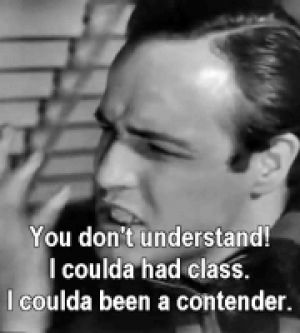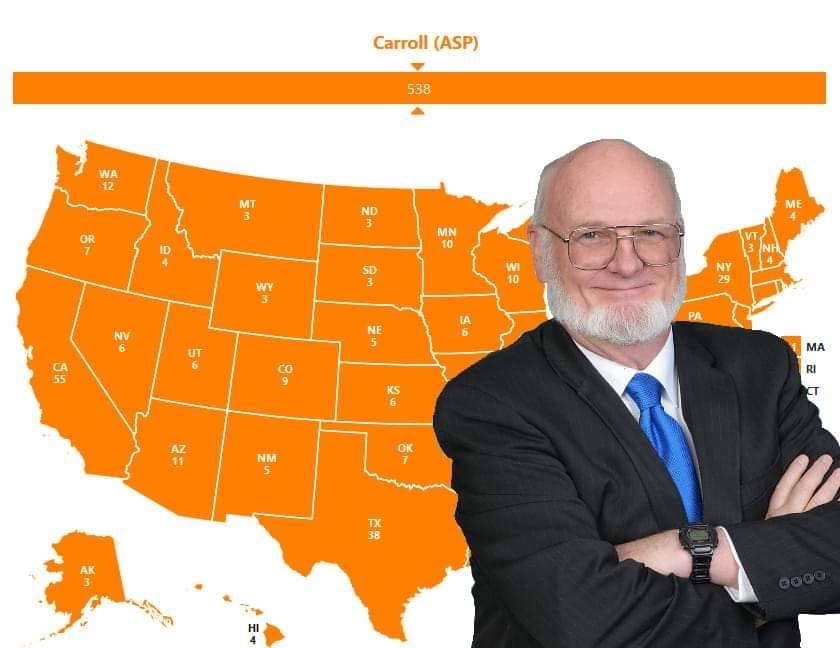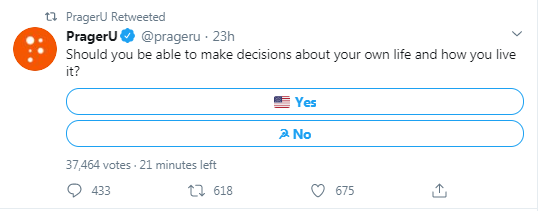
Ever hear this comment? :
"Why do Third Parties run candidates for president? Wouldn't it make sense to start with local and state races that are less long-shot, and build their way up?
Maybe you have asked that question yourself. It's a fair question.
This thread's for you.
"Why do Third Parties run candidates for president? Wouldn't it make sense to start with local and state races that are less long-shot, and build their way up?
Maybe you have asked that question yourself. It's a fair question.
This thread's for you.

To start, off we absolutely agree that state and local races are important. We're a party that believes in subsidiarity. That's the idea that higher levels of authority exist to support the lower levels in their proper function.
But there's the thing:
But there's the thing:
State and local races are also very difficult for third parties. The odds are stacked against us by the duopoly. To be a real contender takes resources. Even something as relatively low-level as a state representative race takes ample volunteers and tens of thousands of dollars. 

Getting those resources requires that people know about us. As you probably know, there's one time every 4 years when lots of Americans are paying attention to politics.
Here's what's been happening to interest in the ASP as the election approaches (based on Google trends).
Here's what's been happening to interest in the ASP as the election approaches (based on Google trends).

The graph there is in proportional terms, so people are looking us up about ten times as often now as they were over the summer.
That means more members, more donors, and more enthusiasm.
That means more members, more donors, and more enthusiasm.
In turn, we'll be able to put those resources to work to give Americans some real #WholeLife choices at the ballot box in the next four years. We're already working on plans to do just that on a scale we haven't achieved before.
Of course, that's not all a presidential campaign does. It lets Americans who embrace our values vote their conscience, and it puts pressure on the duopoly parties by denying them votes when they fail to live up to those values.
But crucially, it's also about movement building.
But crucially, it's also about movement building.
To make a difference, we have to be willing to play the long game, and every vote, retweet, donation, or friendly ASP-related conversation with neighbor helps us do that.
Eventually? You never know.
Eventually? You never know.

• • •
Missing some Tweet in this thread? You can try to
force a refresh




